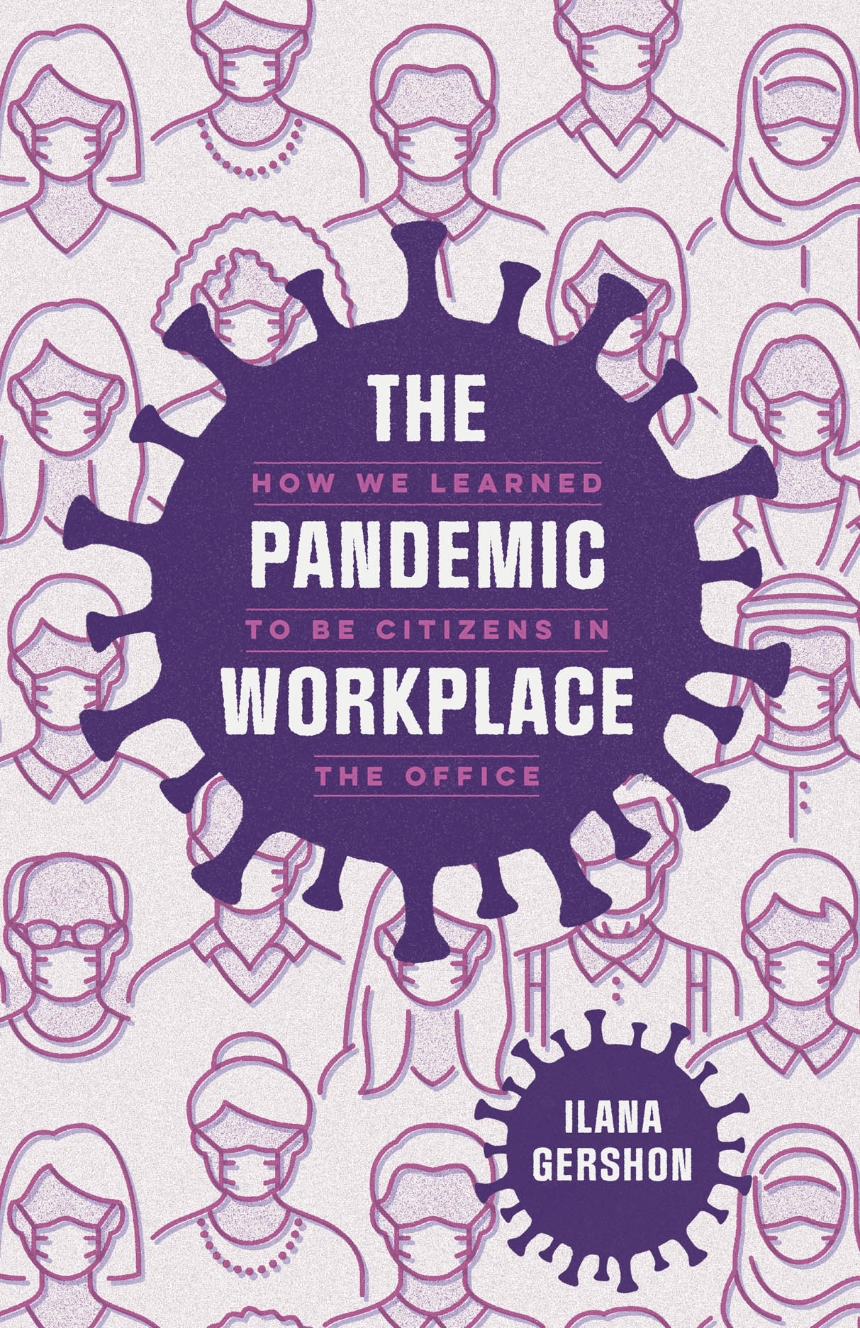In The Pandemic Workplace, anthropologist Ilana Gershon turns her attention to the US workplace and how it changed—and changed us—during the pandemic. In this excerpt, we
Drawing from ideas in his book, The Participant: A Century of Participation in Four Stories, Christopher M. Kelty discusses how participation changes during a pandemic
As we continue to shelter at home and stay safe during the current pandemic, many of our days are occupied by the routines of cooking,
Economist and Press author Price V. Fishback shared with us recently his thoughts on a previous Press book that speaks to our current situation and
The death of black Americans due to coronavirus at a disproportionately high rate recalls the ways differential mortality reflects and has shaped ideas of inherent
How do we talk about one of life’s most persistently hard to describe events: death? Poets, musicians, playwrights, philosophers, theologians, and artists have tried to




